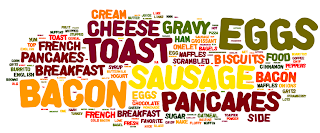CHANGE: To make the future course of something different from what it is or what it would be if it was left alone.
CHANGE: To transform something into something different. A passing of one phase into another.
Change and courage kind of go hand in hand. One is required for the other. But this post will focus on change. Change is necessary for growth to happen. Without change - nothing changes! LOL! ie. No growth!! If you want your future to look different than what you are doing now - things need to change.
Change and growth both take time. You can’t become an expert in a day, or completely shed all your old bad habits in a week. However, you should be always moving forwards!! Persistence will be needed to get to where you want to be! If you never give up -- keep on changing and persevering and you will get to where you want to go! This is true for whatever area in life you want to change in.
Change and growth can be scary!! You need to recognize if you are feeling discomfort, boredom, confusion, fear or worry about the idea of changing something. Think about your reasons for wanting it and find something which is going to motivate you enough to push through it!! You have to want the change badly enough to overcome the discomfort, boredom, confusion, embarrassment, and worry that pops up to stop you along the way. How badly you want it and the intensity of your desire to change is going to determine whether you actually get there or not.
If you want to be successful, grow and move forward in life -- in whatever area you are thinking of... change is a necessity!





.jpg)


























